

2019-10-29 13:36:00 Tue ET
treasury deficit debt employment inflation interest rate macrofinance fiscal stimulus economic growth fiscal budget public finance treasury bond treasury yield sovereign debt sovereign wealth fund tax cuts government expenditures
The OECD projects global growth to decline from 3.2% to 2.9% in the current fiscal year 2019-2020. This global economic growth projection represents the slowest in a decade amid substantial economic policy uncertainty due to Sino-American trade conflict resolution, Brexit, and geopolitical risks and military confrontations in East Asia and some middle east countries such as Iran and Saudi Arabia etc. A major deterioration in global economic prognosis echoes similar concerns that monetary policymakers share in the period from the Jackson Hole summit to the recent U.S. FOMC press release.
As most central banks institute dovish interest rate cuts worldwide, monetary policy institutions may lack the important key levers and instruments to cope with the next global economic recession. As a Paris institution, the OECD further warns that a no-deal Brexit would likely push the U.K. economy into an economic recession due to both trade retrenchment and foreign capital exodus. Several OECD countries need to introduce fiscal stimulus from aggressive tax credits to fresh infrastructure expenditures in order to revive their economic prospects. These global economic developments can cause adverse ripple effects on exchange rate stabilization and asset price normalization for gold, oil, and other commodities.
If any of our AYA Analytica financial health memos (FHM), blog posts, ebooks, newsletters, and notifications etc, or any other form of online content curation, involves potential copyright concerns, please feel free to contact us at service@ayafintech.network so that we can remove relevant content in response to any such request within a reasonable time frame.
2023-11-30 08:29:00 Thursday ET
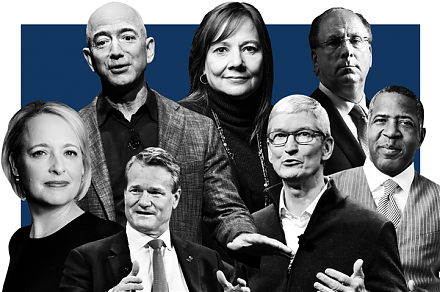
In addition to the OECD bank-credit-card model and Chinese online payment platforms, the open-payments gateways of UPI in India and Pix in Brazil have adapt
2019-08-14 10:31:00 Wednesday ET
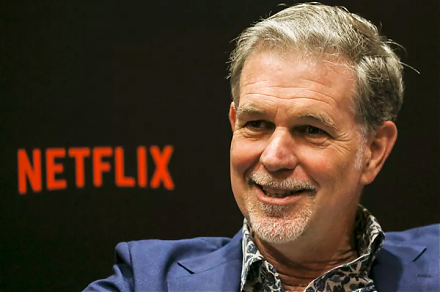
Netflix suffers its first major loss of U.S. subscribers due to the recent price hikes. The company adds only 2.7 million new subscribers in 2019Q2 in stark
2018-10-13 10:44:00 Saturday ET
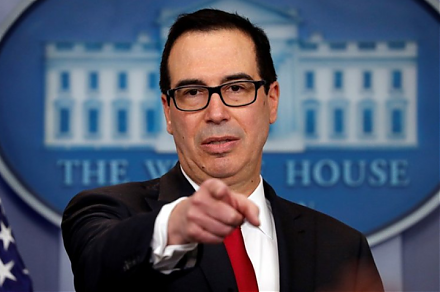
Dow Jones tumbles 3% or 831 points while NASDAQ tanks 4%, and this negative investor sentiment rips through most European and Asian stock markets in early-O
2020-08-19 10:32:00 Wednesday ET
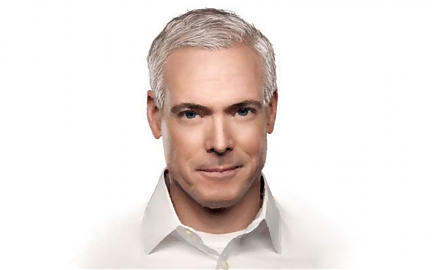
Corporate strategies, portfolio choices, and management memes add value and drive business process improvements over time. Andrew Campbell, Jo Whitehead,
2026-02-14 11:26:00 Saturday ET

Our AYA fun podcasts deep-dive into the current global trends, topics, and issues in macro finance, political economy, public policy, strategic management,
2017-02-07 07:47:00 Tuesday ET
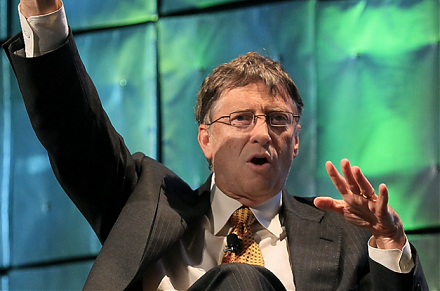
With prescient clairvoyance, Bill Gates predicted the recent sustainable rise of Netflix and Facebook during a Playboy interview back in 1994. He said th